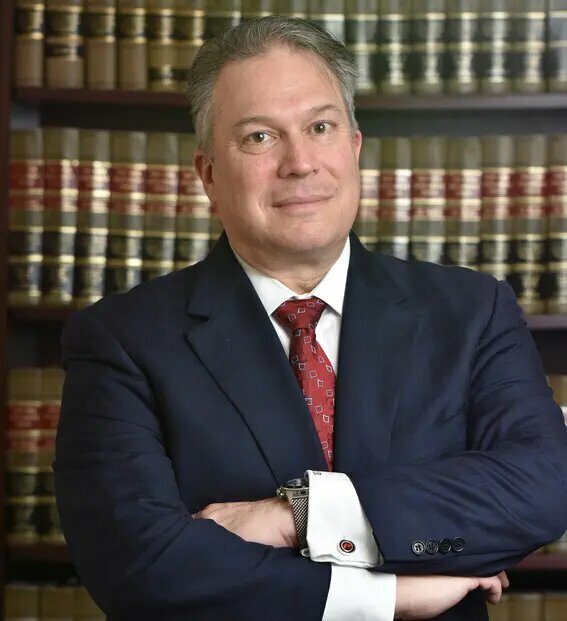How to spot nursing home abuse and fight it with Personal Injury Lawyer Phil Rizzuto
Approximately 1.7 million people are cared for in nursing homes every year and it is estimated that a quarter of all Americans will receive long term care at some point in their lifetime. And yet, thousands of nursing home residents die from things like starvation, dehydration or bedsores each year, all a result of nursing home malpractice.
In 2005, the Rizzuto Law Firm joined the crusade to advocate for the elderly, and in 2009, Phil Rizzuto became the President of the New York State Plaintiff’s Nursing Home Litigation Group.
“Long-term care facilities are supposed to help their older residents handle their day-to-day lives. Unfortunately, many assisted living nursing homes take advantage of the fact that many of their residents simply cannot defend themselves.” Rizzuto explained. “Whether the abuse is physical, financial, or emotional, the injuries and damage can be unfathomable.”
Nursing home abuse and neglect occurs in many forms. Neglect is considered any single or repeated act of intentional or unintentional negligence committed by a nursing home professional that has the potential to cause physical, mental, or psychological harm to nursing home residents. Any commission or omission of an act that harms a patient may be considered nursing home abuse.
Nursing home negligence can take many forms such as:
- Home health attendants who negligently drop a patient
- Patients who are burned by scalding water
- Falls from wheelchairs
- Falls from beds where the railing was not placed in an upward and locked position or where the patient was left unattended in an unsafe situation
- Improper or insufficient care which leads to bedsores/pressure ulcers
- Improper or insufficient care which leads to malnutrition or dehydration
- Patients who injure themselves by trying to get up by themselves because they couldn’t obtain assistance
- Slips and falls due to premises liability such as: broken or slippery floors, loose cords, clutter, etc.
Understaffing is usually the reason for neglect. Rizzuto explained. It can also be a result of poorly trained or poorly paid staff or insufficient nursing staff. Nursing home overcrowding is also another factor that can cause inadequate care. It all comes down to the nursing home owners placing profits over people, said Rizzuto.
Sometimes, staff members have a history of violence. Other times, staff members are just poorly qualified or not trained adequately, he said.
The following are signs of physical and emotional abuse that nursing home abuse victims can sometimes display:
- Injuries to the head
- Bruising
- Dehydration
- Bedsores
- Broken bones
- Pressure ulcers
- Rashes, cuts, and scrapes
- Malnutrition
- Infections
- Malnutrition
- Atypical behavioral shifts
- An abrupt shift in attitude
- Unwillingness to interact with people
Abuse cases are challenging because proving negligence and proving the extent of the damage done to you or a loved one can be difficult. Rizzuto and his team specialize in handling nursing home neglect cases and can assist individuals or loved ones with filing a personal injury claim that can help recover damages for any injuries and losses sustained as a result of the nursing home’s negligence.
Nursing home neglect can result in injuries such as broken bones, bedsores, malnutrition, and infections. Rizzuto can assist in holding the nursing home accountable for their abuse and/or neglect. Rizzuto also encourages his clients to seek help from an ombudsman or file a complaint with the department of health.
“Not every case warrants litigation, but one way to get better treatment from these facilities is to keep the pressure on them so that they have no choice but to provide better services and care to the residents,” Rizzuto said.
To learn more about Phil Rizzuto or The Rizzuto Law Firm, visit them online at www.rizzutolawfirm.com, call 516-622-0606.

 44.0°,
Mostly Cloudy
44.0°,
Mostly Cloudy 




